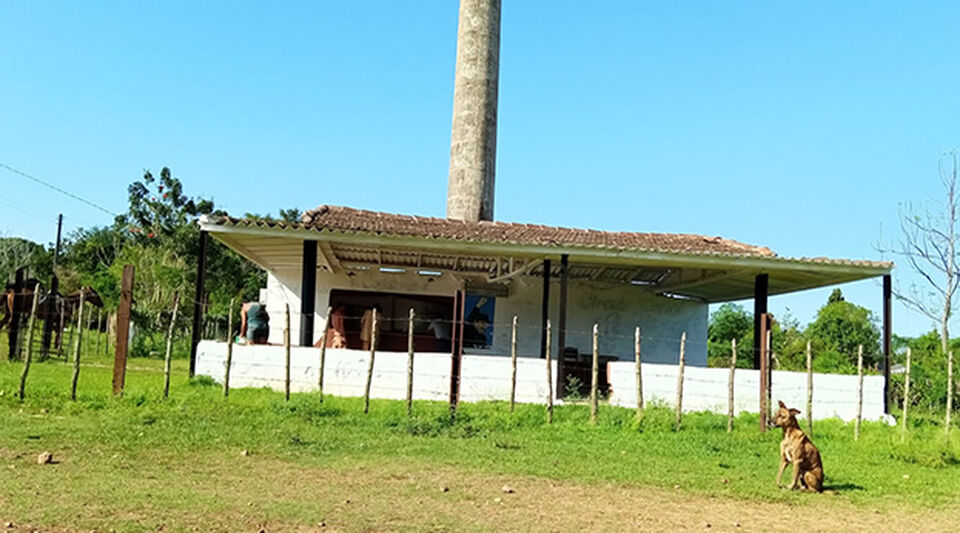That we are going towards a police state where the easy trigger is made easier, that the rights and freedoms of the people are withheld, that they are confronted with the police, that reporting is discouraged, that crimes have dropped due to the pandemic but will rise again, they are some of the security arguments used by the promoters to repeal the 135 articles of the LUC, to ask for the Yes vote.
The defenders of the No respond that the LUC gave the police more tools to work and more support from the hierarchy, that people feel safer, that the policeman who exceeds his duties is punished, that the excesses occurred more in the governments of the Broad Front, and that crimes fell beyond the pandemic since mobility was restored a long time ago.
Of the 111 articles on security, 33 are intended to be repealed and of these 18 are directly linked to police action.
The excesses of the police promoted by the LUC were the common thread of the campaign of the left. In recent days, the FA presented a list with 50 specific complaints of police abuse, and the Minister of the Interior, Luis Alberto Heber, replied that he had counted 136. He also assured that “there are fewer” cases of police abuse in this administration with respect to to the past based on data from the Crime Observatory that indicates that in 2019 there were 152 cases of police abuse, in 2020 158 and in 2021 134. “That is, if they said that there was police abuse by the LUC it is not true”, Heber added. The questioned articles create crimes such as resisting arrest (article 4 of the LUC), or insulting the police authority (article 11). They also give him the endorsement to register people and their belongings “when there are well-founded reasons to consider that a person hides objects”, and to be able to interrogate the person under investigation to “verify his identity and carry out inquiries”.
In an effort to provide more tools, the law also dedicates a chapter to modify provisions of the Code of Police Procedure, which for the promoters of the referendum are unnecessary and dangerous. Among these changes are the extension from 2 to 4 hours of the term to notify the prosecutor of an arrest or a procedure; the opportunity to use force when violence is exercised against police personnel or third parties, when resistance is opposed to a search, when it is necessary to break up meetings or demonstrations that seriously disturb public order, or that are not peaceful; the duty to identify oneself when asked by the police; and the possibility of being taken to a police station if there are “well-founded indications” that a crime has been committed or an attempt was made to hinder a police investigation.
A point pointed out by the Yes campaign for enabling the easy trigger and excesses is the presumption of legitimate defense of the police officer (article 49) who presumes – unless there is evidence to the contrary – that he acted in the exercise of his functions. From the government they clarify that the police are not given a blank check, but rather it is proposed that they be considered in a different category due to their function, and then it is tested if the necessary elements of legitimate defense are provided.
Retired police officers are also allowed to carry weapons if they do not have a criminal record, which is pointed out as “dangerous” by the promoters of Yes, who point out that public security is an essential task of the state that must be fulfilled by active personnel.
Meanwhile, the police union, prevented from speaking out on political issues, has indicated that since the law came into effect “some insults and stones against police officers have been curtailed,” according to the general secretary of the Montevideo Police Officers Union (Sifpom). ), Fabricio Rios. he






